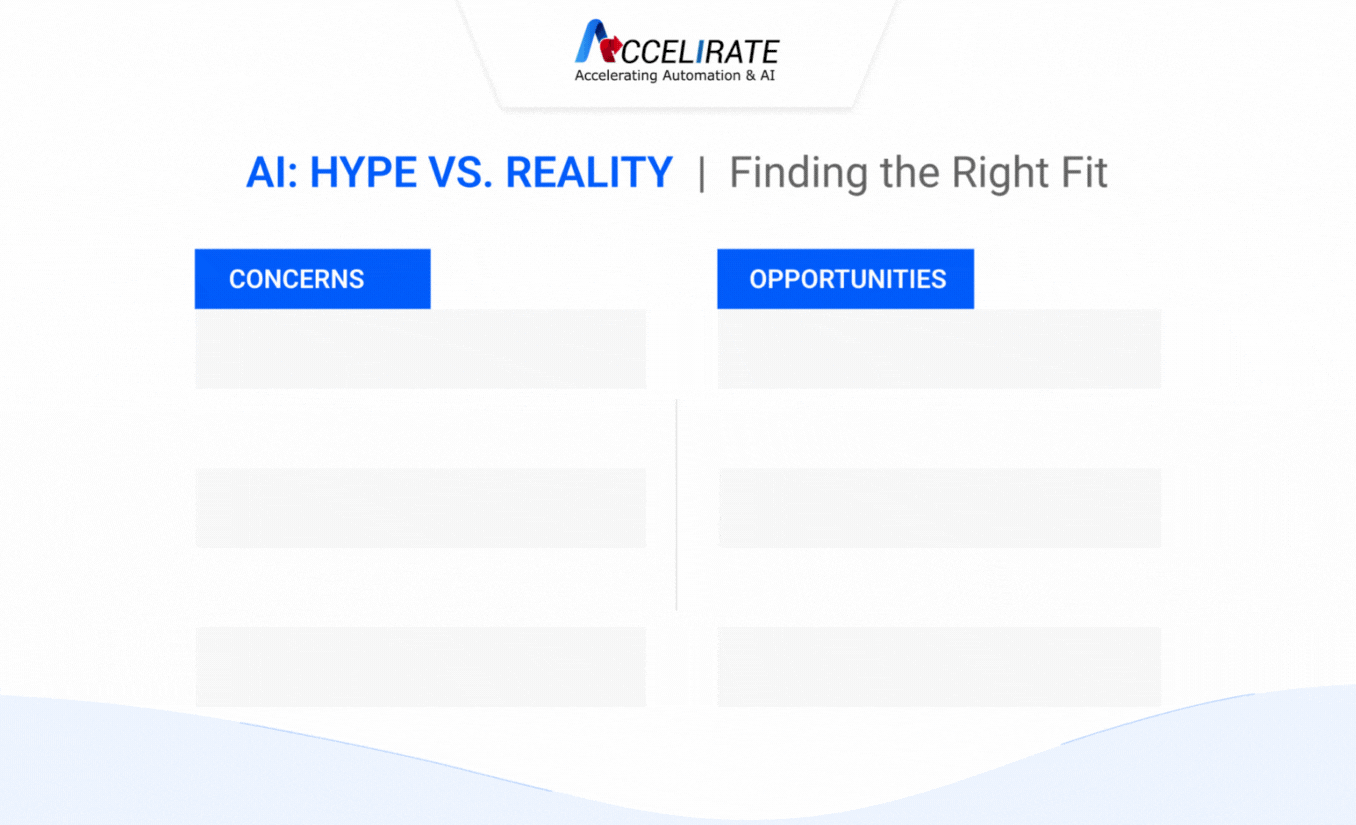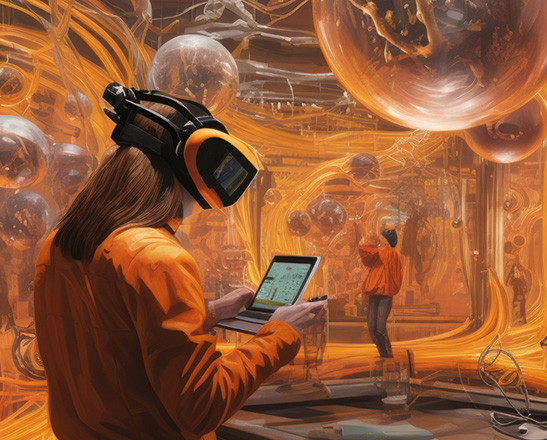Key Takeaways
- Generalized consumer AI faces challenges like misinformation, privacy concerns, and misuse.
- AI excels in specialized applications that leverage its strengths in pattern recognition.
- Targeted AI can drive real value in domains like healthcare, analytics, and robotics.
- The future of AI lies in niche technology, specialized use cases, not broad consumer-facing tech.
- Focus on practical AI applications that create significant impact without overpromising.
If you have been on LinkedIn lately, you may have seen scores of posts touting the future of AI in technology, promising it will deliver powerful advances to any existing industry you could name. Open AI’s show stopping debut of Chat GPT 3, DALL-E, and Sora more than tripled its valuation in 2023, and massive amounts of capital are being poured into AI ventures, fueled by the hype generated by these new technologies.
AI investment surged to $142.3 billion in 2023 due to growing startup funding and corporate interest.
Everywhere you look, companies are trying to integrate AI features into their products, from Google’s AI Search Assistant to Microsoft’s “Recall” feature, to X’s (formerly Twitter) “Grok” attempting to compete in the LLM field.
The question, however, remains the same - Is AI living up to the hype? Let’s find out!
AI Beyond the Hype: Navigating the Real Challenges
While current consumer-facing AI tech is neat and can possibly help you skirt some short deadlines with the help of Chat GPT-generated writing, it has not yet delivered the groundbreaking technological changes it promised.

- Google’s AI Search Assistant: Much maligned among users, with companies scrambling to manually correct misleading and potentially dangerous answers.
- Microsoft’s Recall: Raised concerns on data privacy.
- LLMs like Chat GPT: Mostly used to churn out LinkedIn posts, top 10 lists for no-name internet news sites, and even fake research articles.
AI companies lost $190 billion in Q1 2024 as businesses that rode the hype train missed revenue projections.
The AI products that consumers are apparently clamoring for failed to materialize, and we still haven’t heard of any compelling case for mass marketable AI technology. Sure, you might go see an AI generated film or read an AI generated book once in a while just for fun, but consumers have reacted negatively to the use of AI in a plethora of circumstances. From movie marketing, to trading card games, people clearly indicate that they prefer art and content created by humans over the ones by machines.
Beyond marketability and usability, AI could still pose these challenges for many:
- Copyright Issues: LLMs have been training on copyrighted material, essentially creating profit off the works of artists and writers who are not being compensated for their material.
- Disruption in Research and Science: We’ve also seen the disruptive nature of AI in education and science, as AI articles have flooded the research space.
- Lack of Accuracy: AI has granted students and teachers an easy, though not always accurate, alternative to writing and grading.
- Unsustainable Resource: AI’s absurd resource demands generate serious concerns amid a global environmental crisis.
Now, what if AI soothsayers were right, what if AI does replace all of us? What will artists, writers, coders, doctors, and yes, even consultants do for work? Is it really going to be the cause of job displacement and take over human roles? Well, I don’t think so.
Looking for tailored AI solutions for your business?
Talk to Our Experts!
Where and How AI Makes a Difference?
Having talked about all the practical concerns being raised around AI, you must be wondering do I even have anything positive to say about AI? If AI is so unviable and unethical to deliver to a mass market, where can we use it? The answer is: lots of places! The future of Generative AI is niche, NOT general. And here is where it can be used for the best results:
- Pattern Recognition: AI excels in recognizing patterns from massive amounts of data, making it invaluable for operations requiring precise pattern recognition.
- Healthcare: AI can be used to detect sepsis, predict every possible protein, and even aid in clearing unexploded ordnances, showcasing its potential in revolutionizing healthcare.
- Analytics: AI has been very useful in analytics. Its ability to detect patterns and optimize model outcomes allows it to integrate perfectly into existing analytics platforms like Salesforce CRMA and Tableau.
- Sales Optimization: With tools like Einstein AI, AI can help detect patterns in your data and predict the outcomes of sales efforts.
- Targeted Solutions: Not all AI are alike; the key lies in tailoring AI solutions to specific needs rather than focusing generalized applications, ensuring real value and impact. AI can recommend dashboard widgets with Copilot and alert you to data outliers with Tableau Pulse.
However, it is important to note that not all AI are LLMs, and the current trend of trying to fit LLMs to existing services or fields is not productive, nor is it the best use of AI. In fact, outside of Chat GPT’s ability to produce human-like writing, there is little application for LLMs in most fields. For instance, LMMs (a more advanced form of LLMs) performed worse than random in Medical VQA.
[ays_poll id=5]
Focus on Targeted AI for Real Business Impact
While these applications are all powerful and useful, they are highly specialized, and chances are your average consumer is not going to wake up and use AI to detect sepsis, or analyze their data, or defuse bombs. We must look beyond the market hype of inserting AI into everything we can and instead develop practical use cases that utilize AI’s strengths. By focusing on niche applications where AI excels, we can create significant, impactful changes in specific areas without overpromising and underdelivering on AI’s capabilities. So, more than the hype, focus on finding out how targeted AI applications can drive real value for your company. Our team of experts at Accelirate can guide you in that direction by identifying, developing, and implementing tailored Generative AI solutions that can integrate with your existing operations seamlessly and with the right purpose.
Want to discuss further?
Contact Us Today!





